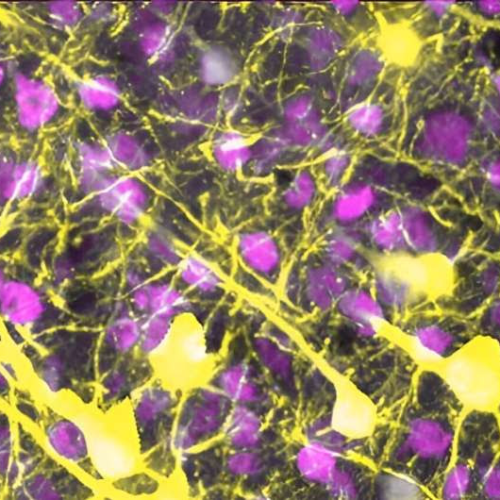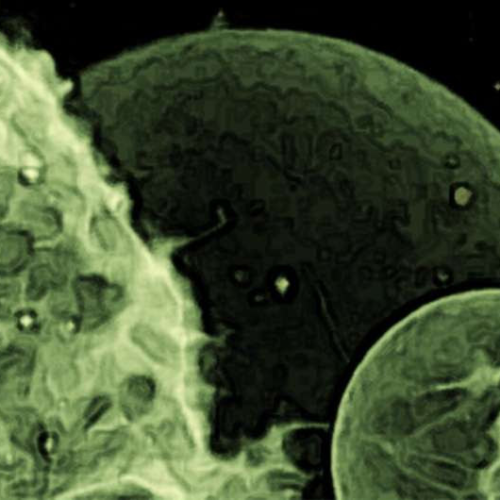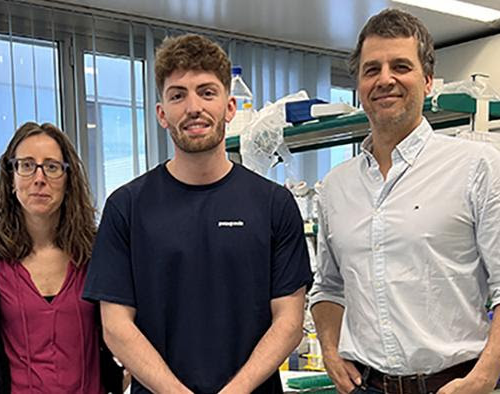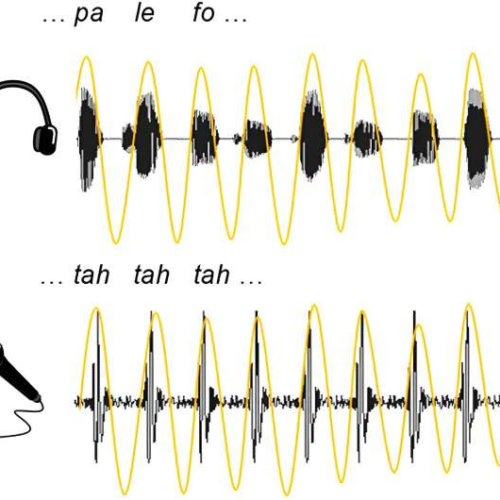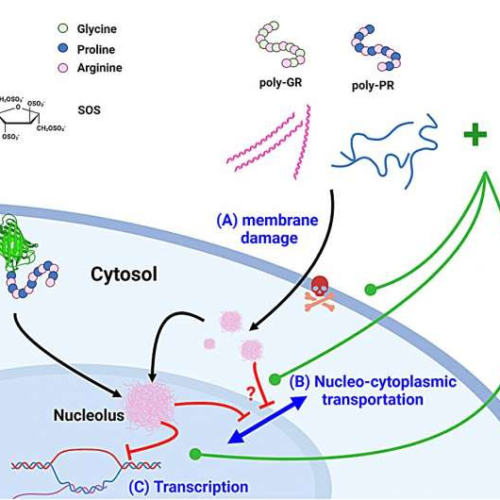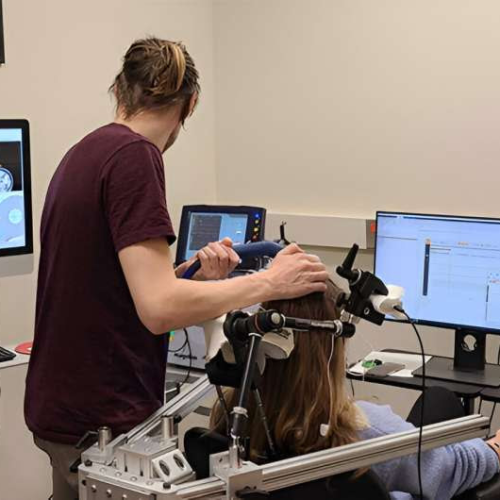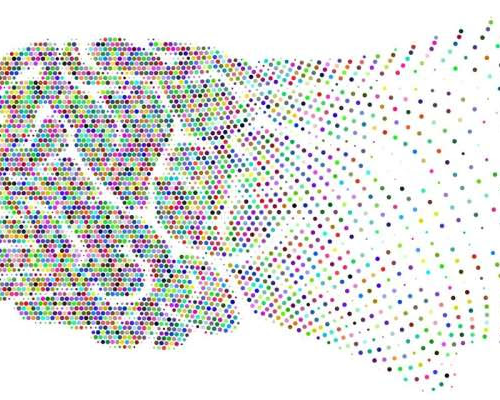by Levi Gadye, University of California, San Francisco The brain’s neurons (yellow) connect with one another using a vast network of neural wires, called neurites. Credit: Swanson Lab/University of California, San FranciscoWhether reeling from a sudden stroke or buckling under the sustained assault of Alzheimer’s, the brain becomes inflamed, leading to cognitive problems and even...
Category: <span>Neuroscience</span>
Brain vesicles found to contain selectively packaged, full-length mRNA
by Sanford-Burnham Prebys This portrait of extracellular vesicles was taken using confocal laser scanning microscopy. The membrane was stained with fluorescent dye. Image titled “Exosomes” courtesy of Tomaž Einfalt, University of Basel, under Creative Commons BY-NC-ND license. Credit: Tomaž EinfaltScientists at Sanford Burnham Prebys have demonstrated that vesicles traveling between cells in the brain carry...
New insights into cholesterol dynamics shed light on neurodegenerative disease
by Lisbeth Heilesen, Aarhus University New knowledge about cholesterol contribute to the understanding of the neurodegenerative Niemann-Pick type C disease – also called “childhood Alzheimer’s” Credit: Mikael WinklerUsually, the word “cholesterol” prompts a negative reaction because of its role in cardiovascular disease. While this is true, cholesterol is also vital for cells to function correctly—for...
The integrity of the blood-brain barrier depends on a protein that is altered in some neurodegenerative diseases
Vascular defects and neuroinflammationUNIVERSITY OF BARCELONA IMAGE: FROM LEFT TO RIGHT, THE EXPERTS PILAR VILLACAMPA, VÍCTOR ARRIBAS AND ELOI MONTAÑEZ, FROM THE FACULTY OF MEDICINE AND HEALTH SCIENCES OF THE UNIVERSITY OF BARCELONA AND IDIBELL. view moreCREDIT: UNIVERSITY OF BARCELONA Defects in the blood vessel network of the central nervous system have been linked to...
Study shows glucose levels affect cognitive performance in people with type 1 diabetes differently
by McLean Hospital Credit: Wikimedia CommonsA new study led by researchers at McLean Hospital (a member of Mass General Brigham) and Washington State University used advances in digital testing to demonstrate that naturally occurring glucose fluctuations impact cognitive function in people with type 1 diabetes (T1D). Results of the study, published in npj Digital Medicine,...
Do you have an ear for languages? It may be related to how you perceive the rhythms
by Idun Haugan, Norwegian University of Science and Technology Example of the SSS test. The upper panel represents the perceived, and the bottom panel the produced, speech signals. The yellow lines represent the envelope of the signals, bandpass-filtered between 3.5 and 5.5 Hz. Estimation of synchronization ability is quantified as the phase-locking value (PLV) between the...
A new approach to treating amyotrophic lateral sclerosis and frontotemporal dementia
by Academia Sinica Schematic representation of mechanisms involved in poly-GR/-PR-induced neuronal degradation and the potential therapeutic action of the sulfated disaccharide SOS. Credit: Academia SinicaAmyotrophic lateral sclerosis (ALS) and frontotemporal dementia (FTD) are neurodegenerative diseases that commonly occur in middle-aged people. FTD is second only to Alzheimer’s disease in terms of dementia prevalence. Both ALS...
Study links poor sleep to migraine attacks
by Stacy Pigott, University of Arizona Credit: CC0 Public DomainA new study by researchers at the University of Arizona Health Sciences identified a link between poor sleep and migraine attacks that suggests improving sleep health may diminish migraine attacks in people with migraine. Many people with migraine report having sleeping disorders, including insomnia, trouble falling...
New study reveals breakthrough in understanding brain stimulation therapies
by University of Minnesota Researchers using non-invasive neuromodulation, a technique that has shown promising results in reducing symptoms of depression, Alzheimer’s disease, and Parkinson’s disease. Credit: Opitz Lab, University of Minnesota Twin CitiesFor the first time, researchers at the University of Minnesota Twin Cities showed that non-invasive brain stimulation can change a specific brain mechanism...
What really happens to our memory as we age?
by Rachel Tompa, Stanford University For anyone over the age of 30 reading this article, here’s some bad news for you: Your brain is already on the decline. The good(ish) news? From the brain’s peak performance in our mid-20s, that decline is gradual, said Stanford neurologist Sharon Sha, MD. Despite common lore about aging and...

